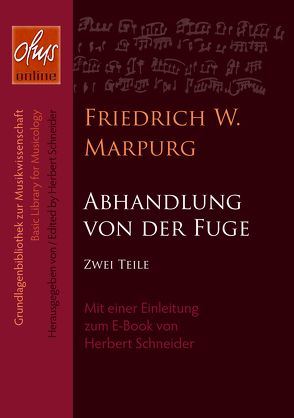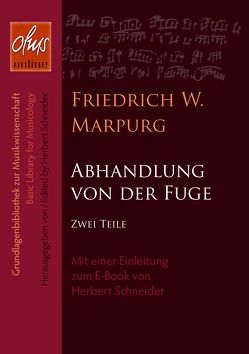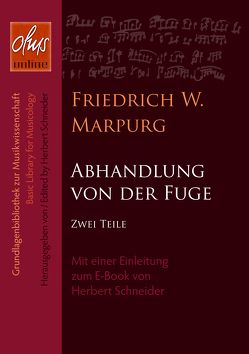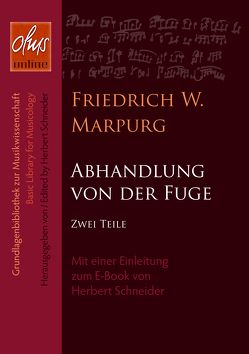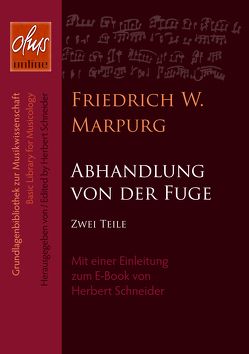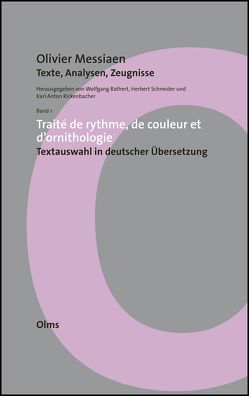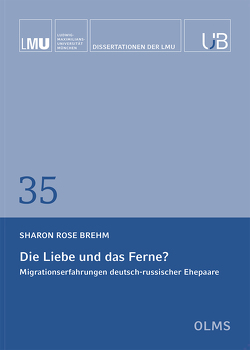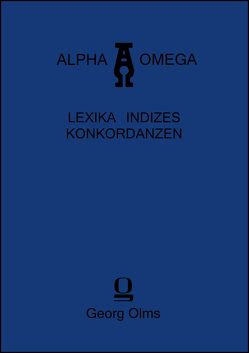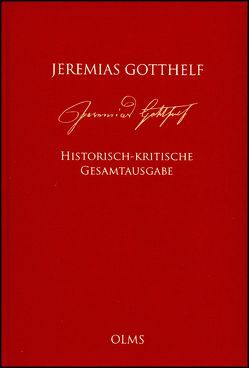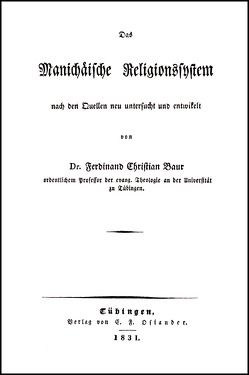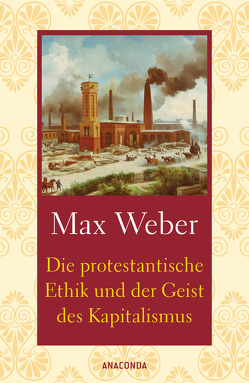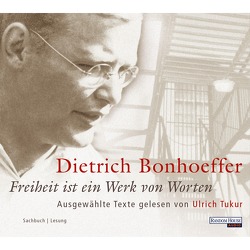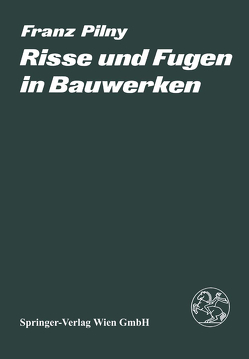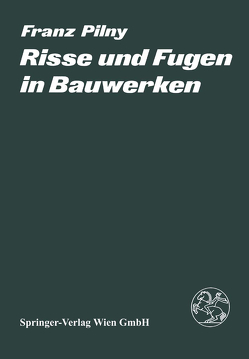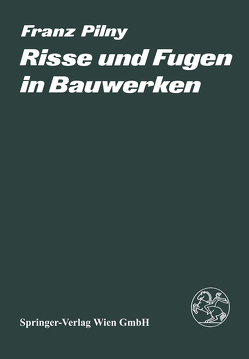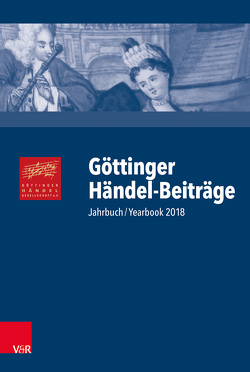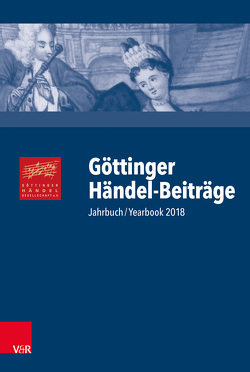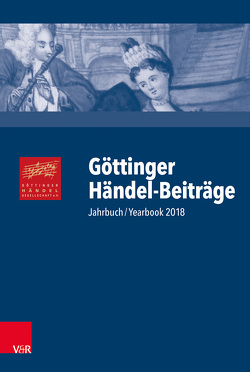Abhandlung von der Fuge
2 Teile.
Friedrich Wilhelm Marpurg, Herbert Schneider
Dieses 1753 erschienene Werk des Musiktheoretikers und Komponisten Friedrich Wilhelm Marpurg (1718-1795) ist das erste ausschließlich der Fuge (und dem Kanon) gewidmete Lehrbuch. Es gilt als wichtigstes Werk über die Fuge im 18. Jahrhundert und als bedeutendste musiktheoretische Abhandlung seiner Zeit. Es wurde bis weit ins 19. Jahrhundert als grundlegendes Lehrwerk geschätzt und prägte auf diese Weise Generationen von Musikern, darunter nachweislich bedeutende Komponisten wie Beethoven und Schumann.
Marpurgs umfassende Behandlung des Gegenstands eröffnet mit zahlreichen Beispielen aus Werken deutscher sowie französischer und italienischer Komponisten wie Johann Sebastian Bach und Wilhelm Friedemann Bach, Jean-Philippe Rameau oder Luigi Battiferri eine weite historische und übernationale Dimension. Sie beeinflusste auch die musiktheoretische Diskussion im In- und Ausland lange Zeit maßgeblich.
Der Traktat wurde von Marpurg, der einige Jahre in Paris lebte und dort in Kontakt mit Rameau und Voltaire stand, selbst ins Französische übersetzt und in den folgenden Jahrzehnten vielfach aufgegriffen und bearbeitet. Mit dem Nachdruck und der E-Publikation ist diese musikhistorisch bedeutsame Quelle nun wieder allgemein zugänglich.****************This work by the music theorist and composer Friedrich Wilhelm Marpurg (1718-1795) is the first textbook devoted exclusively to the fugue (and canon). It is considered to be the most important 18th-century work about the fugue and the most important treatise of its time on music theory. It was valued as a fundamental teaching work well into the 19th century and thus influenced generations of musicians, including important composers such as Beethoven and Schumann.
Marpurg’s comprehensive treatment of the subject uses numerous examples from the works of German, French and Italian composers such as Johann Sebastian and Wilhelm Friedemann Bach, Jean-Philippe Rameau and Luigi Battiferri to open up a wide historical and transnational dimension. It also significantly influenced musical discussion both at home and abroad for many years.
Marpurg, who lived for some years in Paris and knew both Rameau and Voltaire there, translated the treatise into French himself and, in the following decades frequently returned to it and revised it. The reprint and e-publication makes this important source for music history widely available once more.
